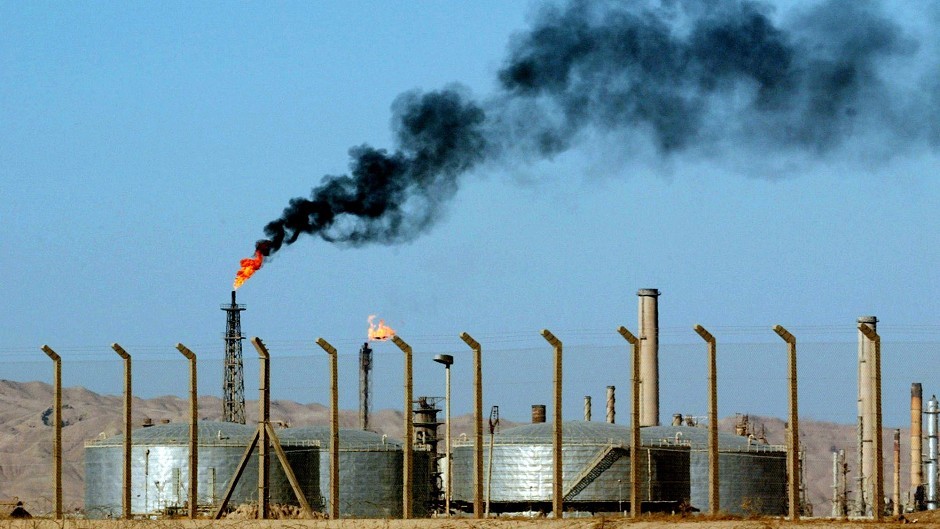North-east oil workers have started pulling out of Iraq as Islamic militants marching on Baghdad attacked the country’s biggest energy terminal.
Oil giant Exxon Mobil has carried out a “major evacuation” of all staff, while BP has removed 20% of its workforce amid fears that extremists could strike at major oilfields in the south of the country.
The moves come after fighters with the al Qaida-inspired Islamic State of Iraq and the Levant (ISIL) launched a siege on Iraq’s largest oil refinery – the Beiji plant, 155 miles north of the capital.
The plant accounts for more than a quarter of the country’s refining capacity, and any lengthy outage will add to the chaos.
The Iraq government has assured oil firms that the 100,000 police dedicated to protecting them are on high alert.
And officials have said that the southern regions – which produce the bulk of the country’s oil – are safe.
However, last night BP’s chief executive Bob Dudley confirmed that a number of non-essential staff had been removed from the country.
BP is a major investor in Iraq through the giant southern-based Rumaila oil field, one of the largest in the world.
Although the asset is not in the vicinity of militants in the north, Mr Dudley said the safety of his staff was paramount.
“We are just very vigilant in Iraq,” he said.
“Non-essential production people have left, but operations continue.”
A spokesman for Exxon Mobil – which is developing another field in the south – said the company could not comment on security issues.
However, the head of Iraq’s state-run South Oil Company, Dhiya Jaffar, confirmed the company was evacuating.
He added that ENI, Schlumberger, Weatherford and Baker Hughes had no plans to evacuate staff yet.
None of the companies could be contacted for comment last night.
A spokesman for Petrofac, which also operates in the south of the country, said it would remain vigilant.
“We are continuing to monitor the situation in co-ordination with our customers,” he said.
“The safety of our staff remains paramount.”
The Foreign Office confirmed to the Press and Journal that it was liaising with a number of British nationals in the country as tensions grow.
A security official told Iraqi media that oil companies would only proceed with a full evacuation if there is a major escalation of violence.
“For each company, the triggers for evacuation are different,” he said.
“They analyse practicalities – how you get people out and how you make sure fields continue to operate. Possibly even unmanned.”
